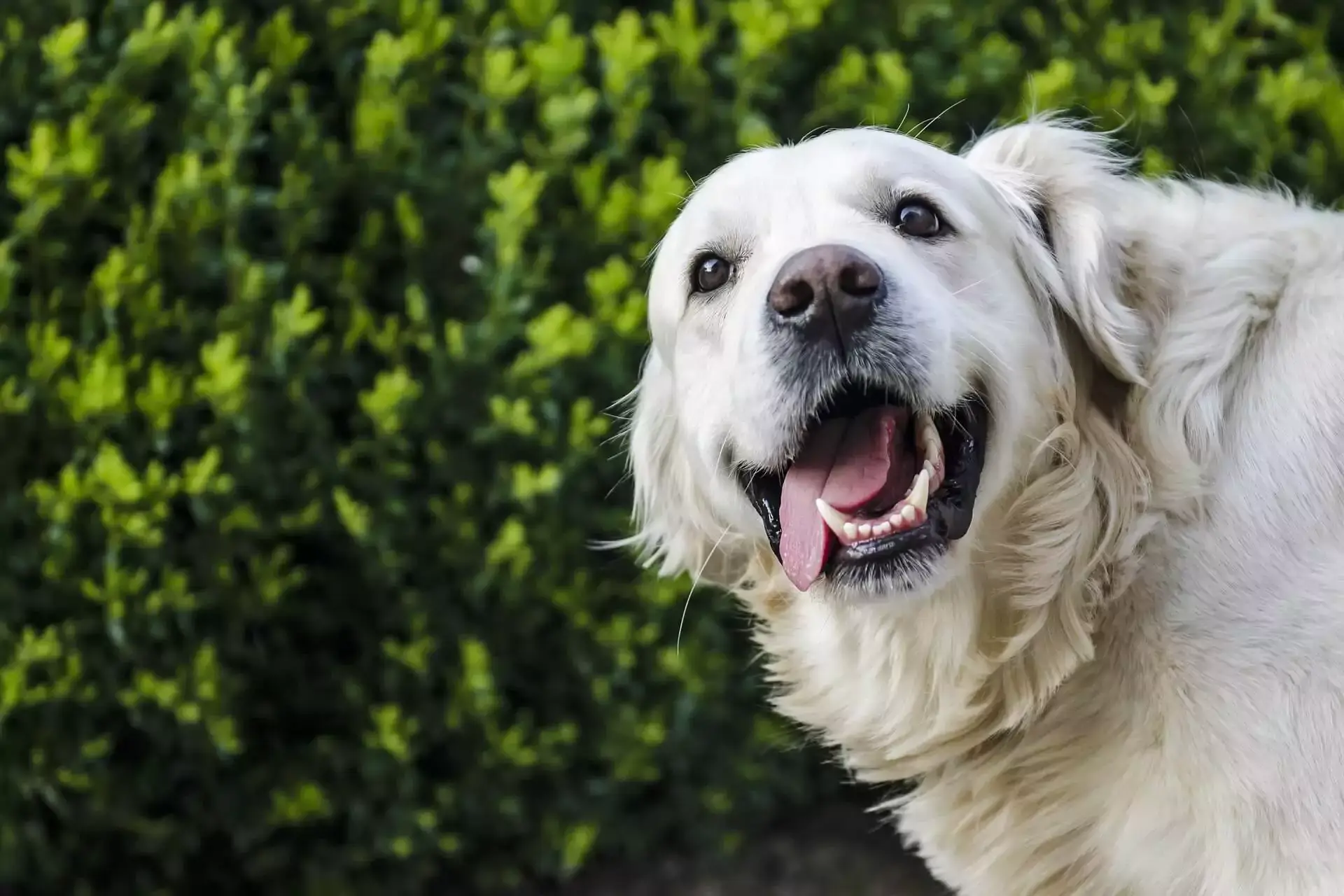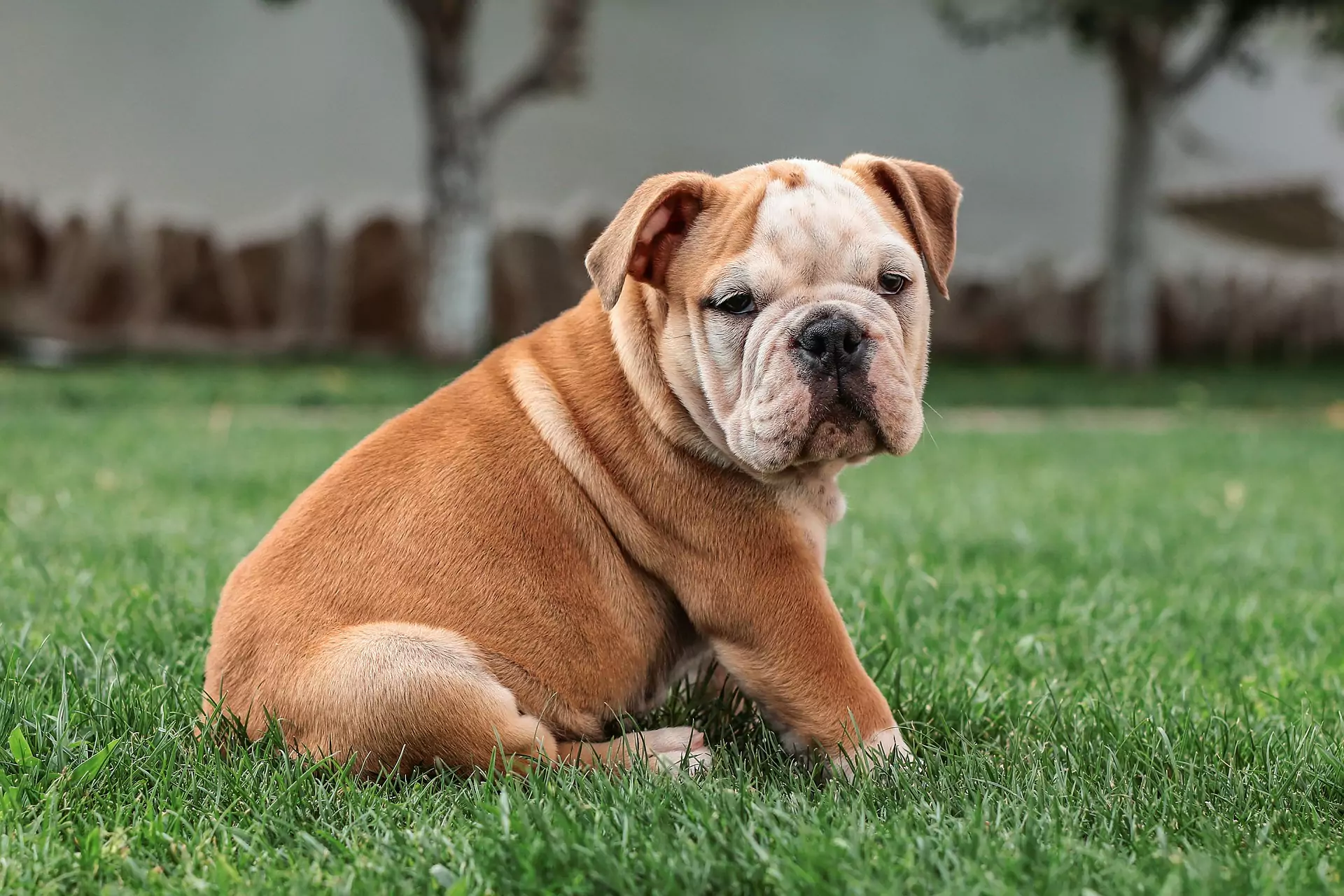Caring for senior cats requires a tailored approach that addresses their unique health and wellness needs. As cats age, they often face a variety of challenges, including decreased mobility, dietary changes, and more frequent health issues. Effective senior cat care involves regular veterinary check-ups to monitor their health status, tailored nutrition plans to support their aging bodies, and modifications to their living environment to ensure their comfort and safety. Engaging in gentle play and providing mental stimulation are also crucial to keeping an older cat happy and active. Understanding the specific needs of senior cats can significantly enhance their quality of life and help them enjoy their golden years. This guide will explore essential strategies and tips for providing the best care for your aging feline friend, ensuring they remain healthy and content in their later years.
Is your feline friend starting to show signs of age? Although cats are technically considered seniors around age 11, many are living well into their teens or even their twenties these days. Fluffy may enjoy a long retirement of napping and looking cute after a long career of napping and looking cute. You’ll most likely notice slow, gradual changes, rather than drastic ones. However, your cute pet will need some extra attention in her golden years. In this article, a local Greeley, CO vet, offers some advice on how to care for a senior cat.
Do Older Cats Need Special Care?
Fluffy’s needs will change a bit as she ages. In general, you would want to make sure that she can easily get to her food, water, and litterbox. If you have a large home and/or more than one floor, keep litterboxes and water stations on every level. That way, your pet won’t have to climb stairs as much.
Setting out beds is also important. Believe it or not, Fluffy will somehow manage to sleep even more than she used to. By the time your cute pet reaches her golden years, she’ll be an absolute napping champion, capable of snoozing up to 20 hours a day. As you can probably guess, one of the best things you can do for your drowsy pet is just to make sure she has plenty of comfy spots. You can buy or make beds, but you can also fold blankets up and put them in baskets or on chests or ottomans. Fluffy will of course still appreciate boxes as well. (You’ll get bonus purrs for putting some of these in sunny spots, or before windows with good views.)
We would also suggest putting a night light on for your kitty. Fluffy may not see as well in the dark as she once did. She could also get a bit forgetful, and lose her way as she’s headed to the litterbox.
Another thing you can do to help your furry pal out is set out pet ramps or steps. Footstools will also work. Ask your vet for more information.
What Makes Senior Cats Happy?
Older kitties tend to love the same things as their younger counterparts. At the end of the day, Fluffy wants to feel loved, safe, and comfortable. Many of the things we’ve touched on already cover the first two. It’s also important to keep that motor going! Spend lots of time with your feline pal, and offer attention and lap space. Just be gentle whenever you pick your kitty up or put her down.
How Do I Keep A Senior Cat Healthy?
Older cats are susceptible to many of the same health problems as aging people often face. Some of these would include the following:
- Obesity
- Heart conditions
- Diabetes
- Kidney Disease
- Arthritis
- Hyperthyroidism
- Cancer
- Loss of Vision
- Loss of Hearing
- Dental Issues
Your senior cat may need more frequent visits to the vet clinic. These check-ups are a great opportunity to receive updated advice on diet and overall senior cat care, ensuring your furry friend stays healthy and comfortable.
In between appointments, watch for signs of sickness. Contact us right away if you notice anything off.
How Can I Tell If My Senior Cat Is Sick?
Our feline pals can be a bit secretive when it comes to letting on that they don’t feel well. Keep a close eye out for changes in Fluffy’s appearance or behavior.
Here are a few things to watch for:
- Hiding
- Withdrawal
- Poor Grooming
- Vomiting
- Diarrhea
- Weight Gain/Loss
- Stiffness
- Respiratory Issues
- Discharge
- Fever
- Lethargy
- Litterbox Issues
- Drooling
- Limping
- Changes in Appetite
Uncharacteristic vocalizations can also be a red flag. If Fluffy is usually quiet, but suddenly won’t stop crying, there may be something going on.
How Do You Take Care Of A Senior Cat?
For the most part, Fluffy will have the same basic needs as any other kitty: good food, clean litter, proper veterinary care, and, of course, lots of love. That said, there are a few things you may need to adjust.
Do Older Cats Need Bigger Litter Boxes?
Consider getting your feline friend a litterbox with low sides. Older kitties often get quite stiff and sore, and may have trouble getting in and out of something with high walls. She may also have an easier time with something that is more wide and shallow, rather than deep and narrow.
Do I Need To Groom My Senior Cat?
You might notice Fluffy starting to look a bit unkempt. There are a few possible reasons for this. One is that cats tend to become stiff and sore as they age. Your feline pal may have a hard time bending and stretching enough to properly clean her entire body. Senior cats’ skin also sometimes produces more oil than that of younger cats. This can also make her coat look greasy.
That said, it’s also important to realize that sometimes messy fur can be a sign that your feline pal isn’t feeling well. If you’ve noticed your kitty’s fur is quickly starting to look unkempt, and/or you’re noticing other red flags, such as withdrawal, reach out to your veterinarian.
You can help your feline pal by gently brushing her. Cats don’t usually need baths, though some people do like to bathe their kitties. Ask your vet for advice on this.
When brushing Fluffy, handle with extra care, as senior cat care involves being mindful of their delicate skin. Avoid applying too much pressure to prevent discomfort or injury. For specific guidance tailored to your cat’s needs, consult your veterinarian.
Should I Play With My Senior Cat?
Absolutely! In fact, playing with Fluffy is one of the best things you can do for her. Pouncing and jumping are great exercise for kitties. Plus, this offers mental stimulation. That’s really important with older cats. Just like people, pets can go through cognitive decline as they age. Focusing on catching that red dot will give your kitty’s brain a workout as well. (Plus, it’s cute!)
Of course, this will only work if Fluffy is feeling frisky. If she’d rather take yet another nap, she’ll just walk away. That’s purrfectly fine. One thing we can say for sure about kitties: unlike dogs, they won’t push themselves to please us. So, you don’t really have to worry about your furry pal overdoing it.
As far as safety goes, just choose spots with a soft surface, like a carpeted floor.
Why Are Senior Cats So Vocal?
It’s not uncommon for elderly cats to get a bit yowly. There are a few possible reasons for this. One potential reason is cognitive decline. Senile cats can get forgetful and confused. They don’t really understand why or what’s happening, and can get distressed. Fluffy may also want more attention and cuddles. Or, she may be responding to discomfort. Ask your Greeley, CO veterinarian for more information.
Can I Leave My Senior Cat Home Alone?
This would ultimately depend on FLuffy’s age and health. Most cats can be left alone for a day or two, providing they have food, water, and clean litter, and someone checks on them. With older cats, particularly geriatric ones, we wouldn’t really recommend leaving them alone for more than a day, though. Kitties with medical issues should also not be left alone. Boarding may be a better option.
How Do I Keep My Older Kitty Safe?
You’ll want to follow the same basic petproofing protocols as you would for a younger cat. Fluffy probably won’t be as frisky as she once was, but she very well may still try to eat your houseplants.
We also strongly recommend keeping your furry pal indoors. We advise that all cats be kept in. However, older cats are especially vulnerable. Not only are they much more fragile, they may not be able to escape potential threats. Plus, Fluffy is at risk of forgetting how to get home. Err on the side of caution here.
Senior Cat Care in 2025: Health Monitoring
How often should senior cats have wellness checkups?
Senior cats require more frequent wellness checkups to monitor their health as they age. Generally, it’s recommended that senior cats visit the veterinarian at least twice a year. These biannual checkups allow for early detection and management of common age-related conditions such as kidney disease, arthritis, and hyperthyroidism. Regular veterinary visits also provide an opportunity to adjust their care routine based on medical advice, ensuring they remain comfortable and healthy in their later years.
How should I prepare for veterinary visits?
When preparing for a veterinary visit with a senior cat, focus on comfort and health monitoring. Ensure easy transport by using a well-ventilated, stable carrier lined with a soft blanket. Gather notes on any changes in behavior, such as increased vocalization, changes in grooming, litter box habits, or appetite fluctuations. These details help the vet assess potential health issues. Regular wellness checkups are advised, so be ready to discuss diet adjustments, exercise routines, and home modifications that could improve comfort for an aging cat.
How does aging affect a cat’s response to medication?
As cats age, their bodies metabolize medications differently, often resulting in heightened sensitivity to drugs. Liver and kidney functions, which are vital for drug processing and elimination, tend to decline in older cats. This change can lead to prolonged drug activity and increased risk of side effects. Consequently, veterinarians may adjust dosages or select alternative medications for senior cats to manage these risks effectively. Regular veterinary assessments are crucial to tailor medication regimens that safely address the health needs of aging feline patients.
What specific vaccination considerations exist for senior cats?
Senior cats may require adjusted vaccination schedules based on their age, health status, and lifestyle. Older cats often have reduced immunity, making them more susceptible to infections, but their immune systems may not respond as robustly to vaccines. Veterinarians typically assess each senior cat individually to determine the necessity of core vaccines like rabies and FVRCP. Some may recommend extending intervals between doses or even skipping certain non-essential vaccines if they aren’t at high risk of exposure. Regular check-ups help ensure any vaccination decisions align with the cat’s current health needs.
What is the relationship between dental health and overall health?
Senior cats often face various health challenges as they age, and dental health is a crucial component of their overall well-being. Poor dental hygiene in older cats can lead to periodontal disease, which not only causes pain and tooth loss but can also introduce bacteria into the bloodstream. This bacterial spread can adversely affect major organs, including the kidneys, heart, and liver, potentially leading to more severe systemic diseases. Therefore, maintaining good dental health through regular veterinary check-ups and cleanings is vital to keeping senior cats healthy and preventing broader health issues.
Make An Appointment At Our Greeley, CO Animal Clinic
Do you have questions about senior cat care? Contact us, your local Greeley, CO pet hospital, anytime!



